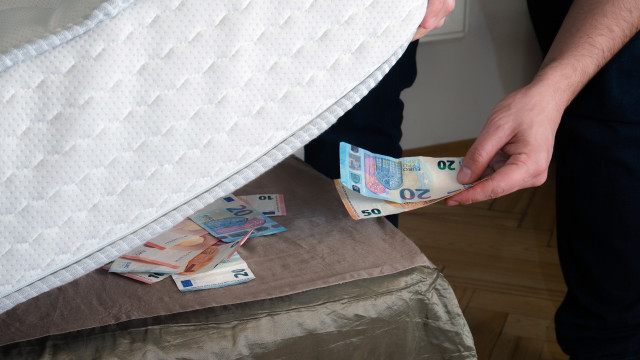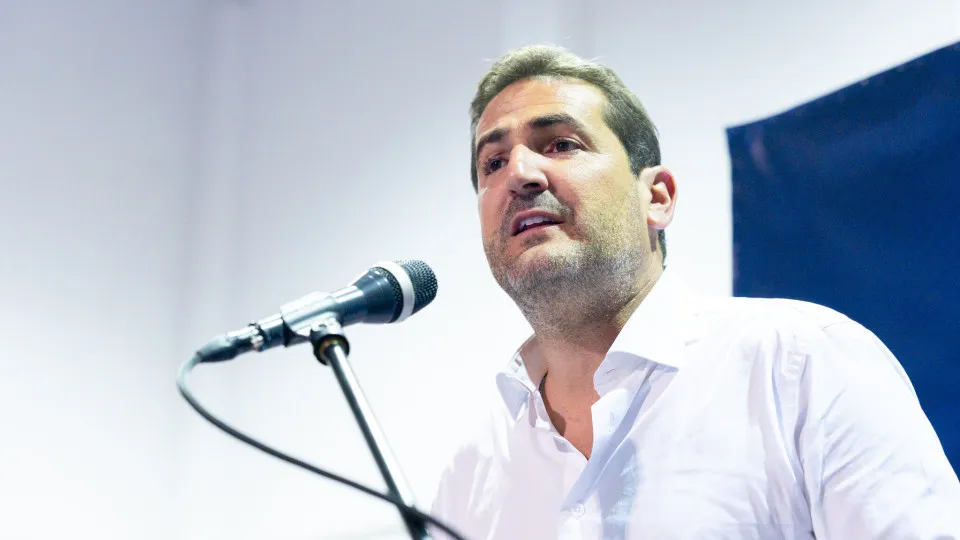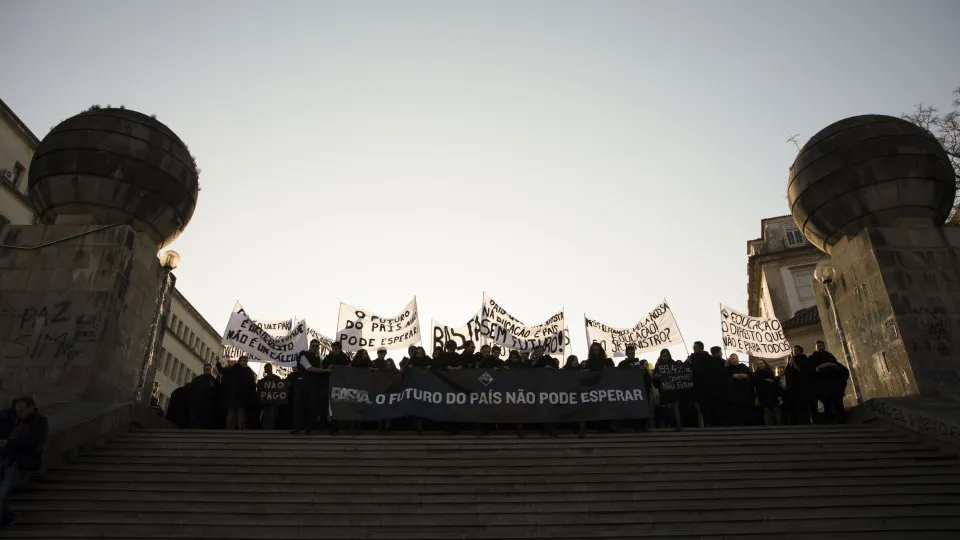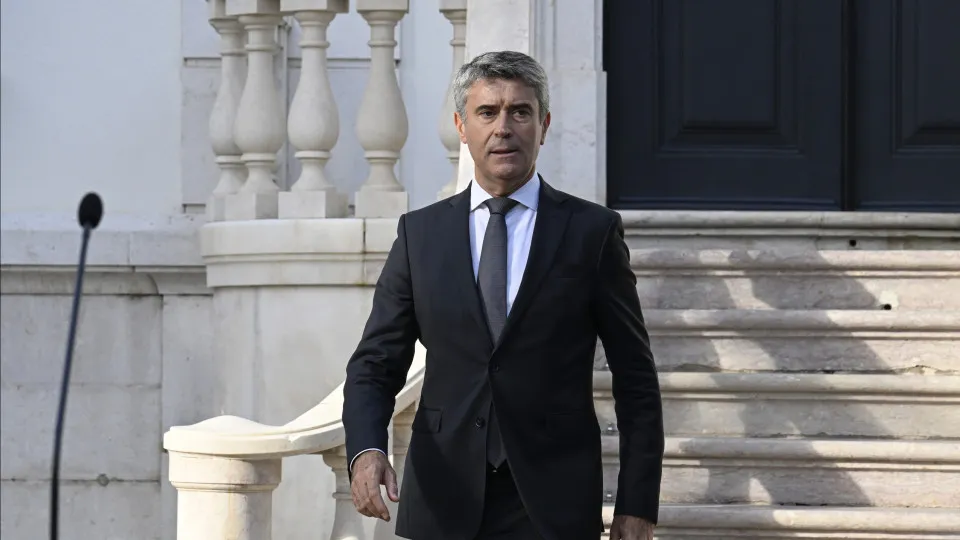The European Central Bank (ECB) advised last week that citizens should keep some physical cash on hand to respond to crises, citing recent power outages as an example of this necessity. While there isn’t a specific amount defined, some authorities recommend 70 euros per adult and 30 euros per child.
In question is an ECB study titled ‘Keep calm and carry cash‘ that concluded, “The utility of cash increases when stability is threatened.”
The study highlighted that cash is “a critical component of national crisis preparation” and emphasized that “central banks, finance ministries, and civil protection agencies from several countries now recommend that families keep cash accessible for several days for essential purchases.”
Whether under the mattress or in the emergency kit, this is the amount of cash you should have
“For example, authorities in the Netherlands, Austria, and Finland suggest maintaining amounts ranging approximately between 70 euros and 100 euros per family member, or enough to cover essential needs for about 72 hours,” states the ECB study.
Furthermore, 70 euros per adult and 30 euros per child is the amount recommended by the central bank of the Netherlands, De Nederlandsche Bank, for citizens to keep available to ensure survival in emergency situations.
According to the central bank, these amounts – 70 euros per adult and 30 euros per child – are advised for an emergency kit to ensure survival for the first 72 hours (three days).

Families should have enough cash for three days in case of an emergency.
Notícias ao Minuto | 13:47 – 23/05/2025
“It’s a good idea to have a mix of notes and coins,” enabling you to pay exact amounts when possible.
The central bank also notes that this money does not need to be set aside immediately; it can be accumulated over the coming months.
De Nederlandsche Bank recommends that citizens have various payment options available for “different situations”: “The payment method depends on the type of emergency.”
Besides physical cash, the central bank suggests citizens consider having a debit card and the ability to pay contactlessly with a phone or smartwatch.
Domestically, a power outage underscored the importance of physical cash. On April 28, a widespread power supply cut left mainland Portugal and Spain nearly without electricity, as well as parts of France.
Airports closed, transportation and traffic congestion in major cities occurred, and fuel shortages were some consequences of the blackout, which also affected payments.
Before the blackout, the pandemic and the war
The same ECB study recalls that during the Covid-19 pandemic, there was “a sustained preventative accumulation of cash driven by prolonged uncertainty during a public health emergency.”
The invasion of Ukraine “highlighted rapid and localized demand spikes near conflict zones”, whereas the blackout “emphasized cash as an indispensable payment method when digital infrastructures fail and also as an important public reassurance tool.”
Finally, Greece’s sovereign debt crisis “recorded recurring demand spikes during prolonged financial turbulences and political tensions.”
The four distinct incidents exhibited a “consistent pattern”: “In times of acute stress, the public often turns to physical currency as a reliable store of value and a resilient means of payment.”




